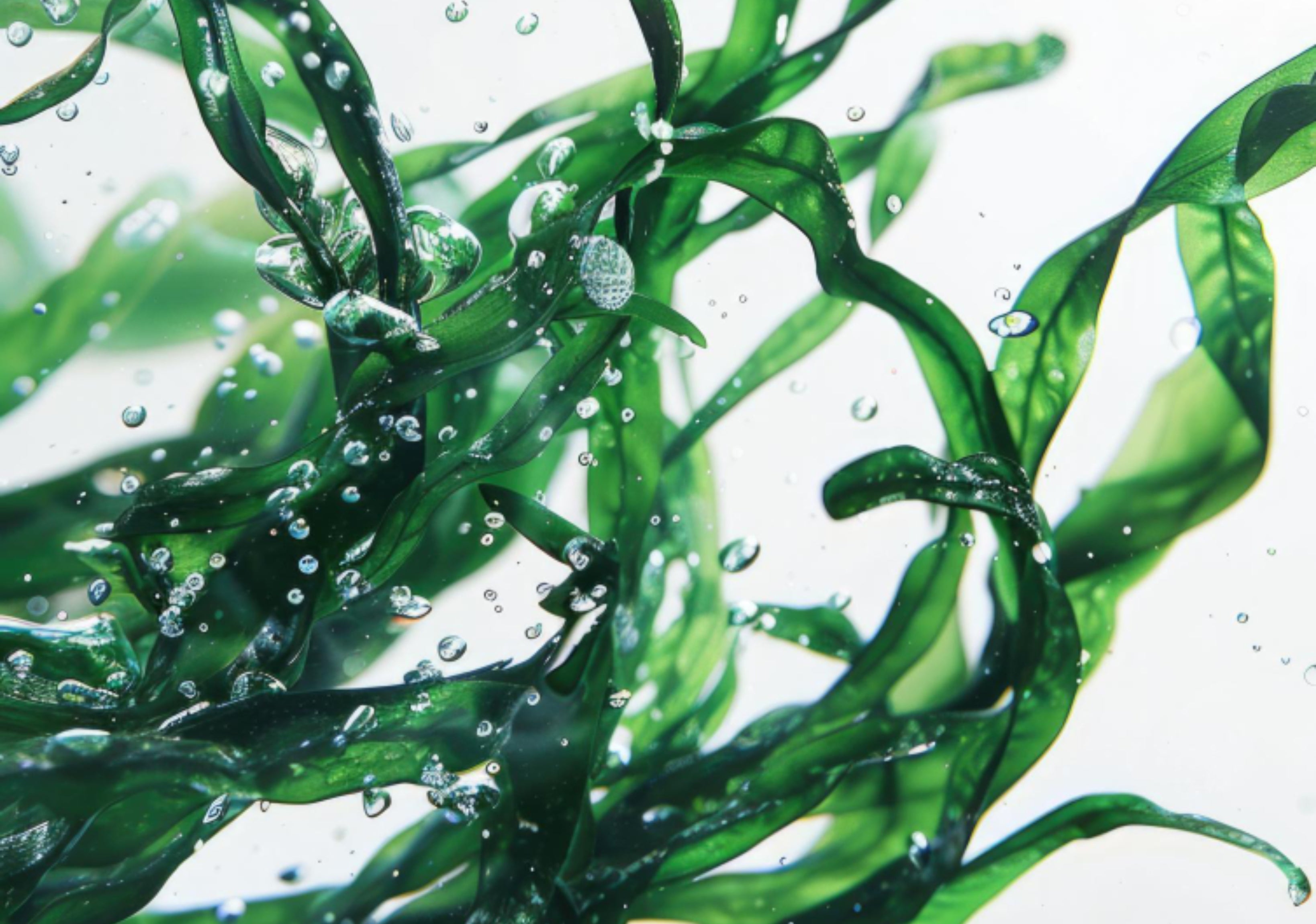
When it comes to managing reflux, safety is just as important as effectiveness. Many people are turning to alginate‑based products such as RefluxRaft for relief from symptoms of acid reflux and heartburn.
Along with the benefits, it’s natural to have questions—especially about potential contaminants like lead, iodine, or mercury in seaweed‑derived products. In this article, we’ll look at the evidence, explain why these concerns are understandable but not a real risk, and share how we ensure that RefluxRaft is safe for daily use.
How Alginate Works for Reflux
Alginate is a natural compound derived from seaweed. When swallowed, it interacts with stomach contents and forms a gel‑like “raft” that floats on top of the stomach contents. This raft acts as a physical barrier, preventing acid from washing back into the esophagus.
Unlike medications that change acid levels, alginate works mechanically. That means it can provide relief without altering stomach chemistry or interfering with digestion. Products like RefluxRaft are designed to harness this property for safe, effective symptom control.
Understanding Concerns About Heavy Metals
Because alginate comes from seaweed, some people wonder whether it could contain heavy metals, like lead, or too much iodine. These are valid concerns: like plants grown in soil, sea plants can naturally absorb minerals and trace elements from their environment.
This doesn’t mean alginate products are unsafe—it simply highlights why testing and quality control are essential. At RefluxRaft, we take these concerns seriously and use independent third‑party testing to make sure every batch meets strict safety standards.
Lead: What the Evidence Really Shows
One of the most common questions we hear is whether alginate‑based products are “high in lead.” Here’s what the evidence tells us.
In 2022, ConsumerLab, an independent testing organization, evaluated six alginate‑based supplements for reflux. Their findings showed that while all the products contained the alginate they claimed, only one product slightly exceeded their strict internal limit for lead. The name of that product was not publicly released. Importantly, RefluxRaft had not yet launched at the time of this testing, so we can reassure our customers that it was not our product in question.
In addition, scientific studies suggest alginate may actually help the body eliminate heavy metals rather than add to them. For example, a 2015 study by Savchenko and colleagues found that oral calcium alginate supplementation in rats significantly aided the removal of lead from the body (Savchenko OV, Sgrebneva MN, Kiselev VI, Khotimchenko YS. Environ Sci Pollut Res Int. 2015;22(1):293–304). This reinforces the idea that alginate is not a source of risk but may, in fact, offer protective benefits.
At RefluxRaft, both our raw alginate and our final product undergo third‑party testing, ensuring that you’re protected from harmful levels of lead.
Iodine: Why It’s Not a Concern
Another common question is about iodine. Since seaweed is known to contain iodine, some people wonder whether alginate products could provide too much—or whether they might trigger issues for people with seafood allergies.
Here’s the reassuring news: alginate itself is a purified carbohydrate fiber, and the production process removes excess iodine. Our third‑party testing confirms that iodine levels in RefluxRaft are well within safe ranges.
As for seafood allergies, these are usually reactions to proteins found in fish or shellfish—not to the carbohydrates present in seaweed‑derived alginate. That means an iodine concern or seafood allergy does not translate into a risk from RefluxRaft.
Mercury: Why Seaweed Isn’t Like Fish
Mercury is another heavy metal that often raises concerns, especially because of warnings about certain fish. The difference lies in the food chain. Mercury becomes a problem in apex predator fish like tuna, swordfish, and shark, because it accumulates as smaller fish are eaten by larger ones.
Seaweed, however, sits at the very bottom of the food web. It does not accumulate mercury in the same way fish do. Independent testing confirms that mercury levels in RefluxRaft are negligible, making it a safe choice for reflux symptom management.
Alginate’s Unique Ability to Bind Contaminants
One reason alginate is so effective in environmental cleanup projects is its natural ability to bind to heavy metals and other compounds. It’s even used to sequester pollutants from water.
The important distinction: in a carefully tested product like RefluxRaft, alginate’s binding ability is a strength, not a risk. It highlights why we use it to help control reflux, while our rigorous sourcing and testing ensure you aren’t exposed to unwanted contaminants.
Our Commitment to Testing and Safety
At RefluxRaft, we don’t just assume safety—we prove it. Every batch of alginate we source is third‑party tested for heavy metals and purity before it’s ever used. Then, once the product is made, the final product is tested again by independent labs. This double‑layer approach ensures that what reaches you is safe, effective, and trustworthy.
By controlling for safety at both the ingredient and final product stages, we provide peace of mind while helping you find relief from symptoms of reflux.
The Bottom Line
Alginate has a long history of safe use in medicine and food. Concerns about lead, iodine, or mercury are understandable, but the evidence shows that properly sourced, carefully tested alginate products like RefluxRaft are safe for daily use. Not only that, but alginate’s unique properties may even help protect against contaminants rather than add to them.
